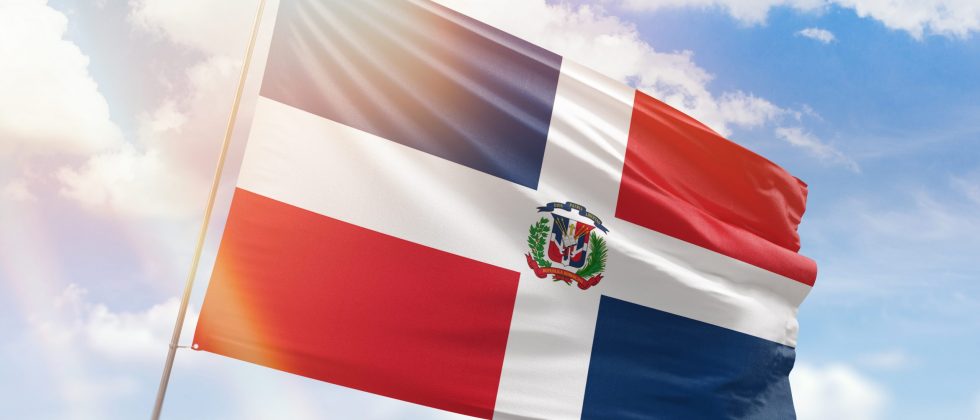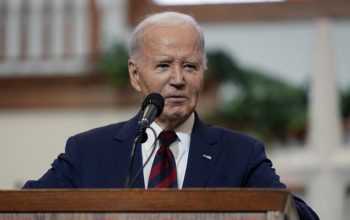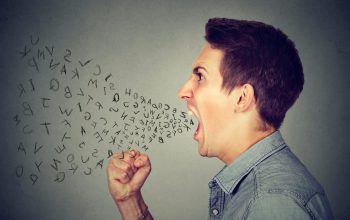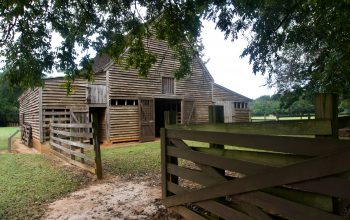news
“The Crisis of American Democracy in the Dominican Republic: 60 Years Later”, an article by Dr. Leonel Fernández
December 9, 2024
Sixty years ago, one of the most influential books on the country’s national political events was published, becoming the first best-seller of the modern era in the Dominican Republic.
The book, “The Crisis of Democracy in America in the Dominican Republic, written in exile in Puerto Rico in 1964 by Professor Juan Bosch, clarifies in the introduction that this is not a book of memoirs and that, consequently, the reader will not find in it an account of the events that led to the author’s coup d’état on September 25, 1963.
For Bosch, the objective of publishing the book was to highlight what he considered to be the weaknesses of Dominican society, which had been created by historical forces that were contrary to the freedom, progress and well-being of the Dominican people.
As a consequence of these weaknesses, Dominican democracy, born with the vote of the people at the polls in December 1962, also turned out to be intrinsically fragile and could not, in his words, “face up to its traditional enemies.”
For Bosch, in the Dominican Republic at the beginning of the 1960s, the social sectors of the upper and middle classes turned out to be the most influential, since they were the ones who had fought, in national territory, against the Trujillo dictatorship.
However, by launching a strong anti-Trujillo movement after the tyrant was eliminated, what they really aspired to was not to lead the people along paths of progress and prosperity, but to rise to political power with the objective of gaining economic power.
THE PRD IN ACTION
For Professor Bosch, what gave political meaning to the eradication of the Trujillo dictatorship, was the arrival in the country – in July 1961 – of a delegation from the Dominican Revolutionary Party (PRD), headed by Angel Miolan, Nicolas Silfa and Ramon Castillo.
At the time, there was widespread fear. The anti-Trujillo supporters feared being attacked by the remnants of the tyranny who sought revenge for the death of their ‘Boss’.
For their part, Trujillo supporters also lived in fear of the fact that the people could eventually rise up in anger against those who had oppressed them during the dictatorship.
The historic event of the arrival of the PRD delegation broke the spell of fear in the Dominican Republic, and gave a new meaning to the political struggle that was to launch a new chapter with the disappearance of the cruel and bloodthirsty Trujillo tyranny.
Instead of continuing to confront what he called “the ghost of Trujillo”, Bosch led his party in the search for a democratic revolution that would satisfy the serious economic and social needs of the population.
The political struggle that led to the raising of the flag of the anti-Trujillo movement was replaced, in the language of Juan Bosch, by the struggle led by the “Tutumpotes” (the name he gave the middle and upper classes) against the “Children of Machepa”, who symbolized the regular and lower-class citizens of the country.
That, of course, provoked the leaders of the National Civic Union, headed by the anti-Trujillo fighter and 1962 presidential candidate, Dr. Viriato A. Fiallo, to accuse the PRD leader of being a Trujillo supporter.
REASONS THAT PROVOKED THE COUP
The plans to combat the remnants of the tyranny aroused excitement, but Bosch believed that the most important point was to take advantage of the historic moment of the fall of the dictatorship to lead the people down the road of democratic and social evolution.
His beliefs eventually lead Jesuit priest Lautico García, during the electoral process of 1962, to accuse him of being a communist. In a televised debate, on the eve of the electoral contest, the member of the Catholic Church retracted his statement, thus garnering the final support required by Bosch to win the elections overwhelmingly. Those were the first democratic elections held in the Dominican Republic after more than three decades.
But the stigma remained. Thus, the government presided over by Professor Bosch was accused of not being strong enough against the communists. It was the time of the Cold War, when the influence of the Cuban Revolution, which had spread throughout Latin America, was felt.
However, this was not the case in the Dominican Republic which, like Venezuela under Romulo Betancourt, had chosen the democratic path and committed its energies to turning the dream of a social revolution into a reality, as had been achieved by the Mexican Revolution of 1910.
In addition to the accusations launched that he was a communist, there were conflicts with corrupt members of the Armed Forces who were prevented by the President of the Republic from continuing to do business for personal gain.
Likewise, Bosch opposed the use of Dominican territory by Haitian guerrilla groups opposed to the Duvalier dictatorship without his approval.
Relations with the United States were ambiguous. It seemed that the government of President John F. Kennedy wanted to support the democratic project embodied by Bosch.
But he did not hand over the resources retained from the Trujillo government generated by the sugar quota. Also, the Alliance for Progress was literally dormant, while American congressmen and journalists tried to disqualify the Dominican president with the anathema of communism.
For some, the book “The Crisis of the Democracy of America in the Dominican Republic”, had as its objective the creation of the necessary conditions for the popular insurrection that took place in April 1965. The goal was the return of Juan Bosch to power and the reestablishment of the Constitution that had been proclaimed in 1963.
For others, it constitutes, above all, a classic essay of Dominican literature, and a masterpiece of Latin American political thought.
Sixty years after its publication, “The Crisis of Democracy in the Dominican Republic” still remains relevant, as it is a guide to understanding the conflicted nature of the processes needed to build a democratic society.





